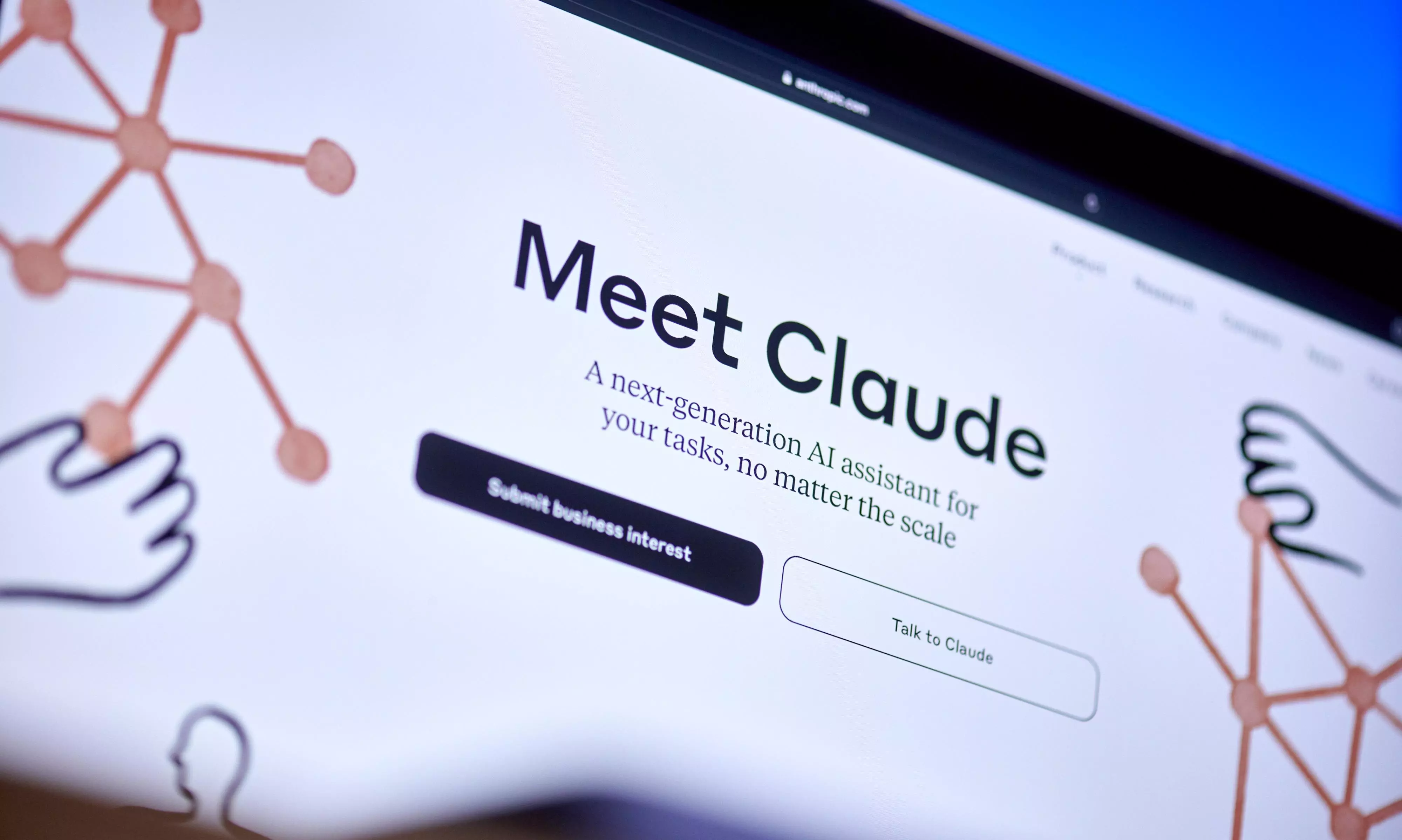AI Startup Anthropic Set To Roll Out More Powerful Opus Model
The company plans to unveil Sonnet 4 and Opus 4, the latter of which is billed as Anthropic’s most powerful AI system yet

Anthropic is set to roll out two new versions of its Claude artificial intelligence software, including a long-delayed update to its high-end Opus model, as the startup vies to stay ahead of a crowded market.
The company on Thursday plans to unveil Sonnet 4 and Opus 4, the latter of which is billed as Anthropic’s most powerful AI system yet. Both models are designed to better follow directions and operate more autonomously when fielding tasks such as writing code and answering complicated questions.
Founded in 2021 by a group of former OpenAI employees, Anthropic has tried to distinguish itself from rivals with more capable models and a greater emphasis on responsible development. Like some of its peers, however, Anthropic struggled last year to build more advanced AI systems that showed big enough improvements to justify the significant cost of development.
In March 2024, Anthropic introduced three AI models, including Opus 3. Over the next few months, Anthropic pushed out updates to the other two Claude models — but not Opus. Behind the scenes, Anthropic found its newer version, called 3.5 Opus, performed better on evaluations but not by as much as it should, given the size of the model, Bloomberg News previously reported.
Ultimately, Anthropic opted not to release 3.5 Opus, despite having previously said it would do so sometime in 2024. The company felt the Opus update it had prepared wasn’t a big enough step up from the company’s Sonnet model to differentiate it, said Mike Krieger, Anthropic’s chief product officer.
“We’ve had large models trained internally. We’ve used them even internally for other applications,” Krieger told Bloomberg News. “But we wanted the next one that we released publicly to feel like it is that leap.”
For Opus 4, Anthropic’s research team focused on enabling the model to work independently for longer stretches of time and to keep track of what it’s doing over that period, Krieger said. One early tester, Japanese e-commerce company Rakuten Group Inc., was able to use Opus 4 for seven hours continuously to refine open source code.
“In the past, the model would be able to come up with a plan that was a several hour plan,” Krieger said, but eventually it would “get stuck somewhere” or lose its coherence.
Both Opus 4 and Sonnet 4 also include a relatively new option to let users decide if they want a quick answer to a simple question or a more time-consuming response that mimics the process of human reasoning.

